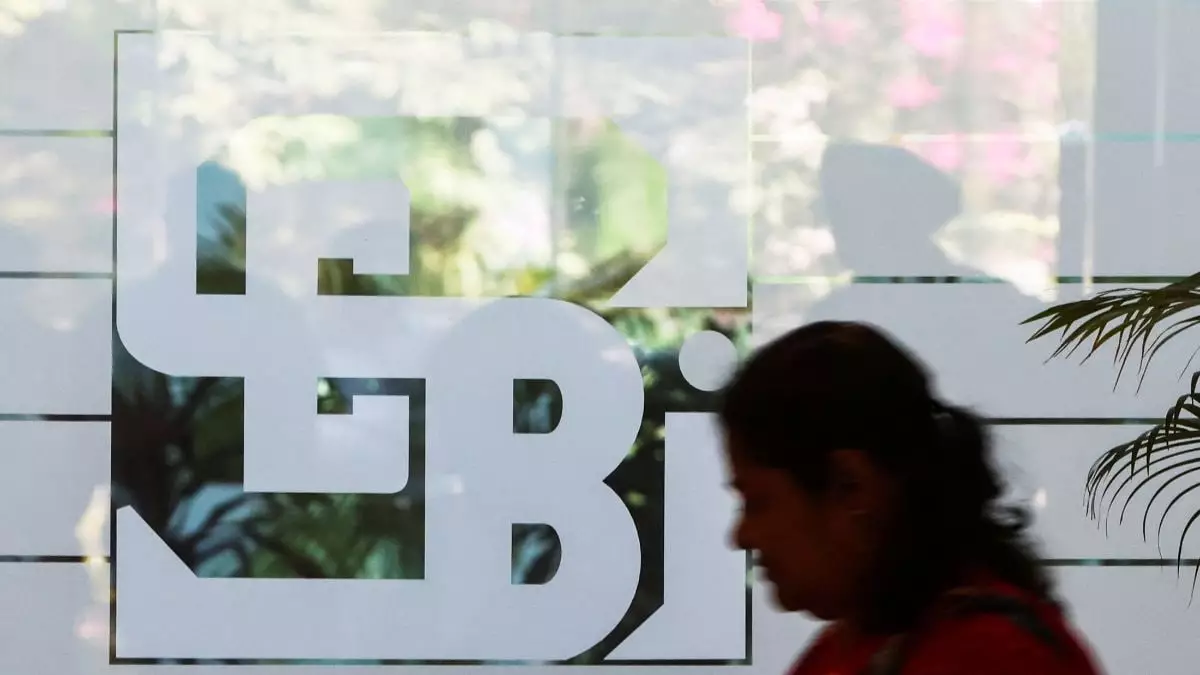The Securities and Exchange Board of India (SEBI) has taken a crucial step towards not only fostering transparency but also ensuring the protection of investors in an increasingly digital financial landscape. With the rapid proliferation of social media platforms as venues for financial advertisements, the chances of encountering fraudulent activities have risen alarmingly. This recent directive by SEBI requires registered intermediaries to authenticate themselves on social media platforms such as Google and Meta before advertising their services, thereby establishing a framework to safeguard the interests of unsuspecting investors.
The Rise of Digital Fraud
In recent years, as more individuals turn to digital platforms for information and education, scammers have exploited this trend. Fraudulent schemes are often disguised as legitimate online trading courses or investment opportunities, leveraging the trust and familiarity that users associate with popular social media platforms. The ingenuity of these fraudsters lies in their ability to craft misleading testimonials and promises of guaranteed, risk-free returns, further complicating the situation for the average investor who lacks deep financial literacy.
SEBI’s observation that platforms like YouTube, Instagram, and Telegram have become hotspots for such deceitful activities is both alarming and illuminating. It reflects a growing trend where the line between authentic information and predatory scams becomes increasingly blurred. Through this backdrop, SEBI’s initiative becomes not just timely, but essential.
Pioneering Transparency with Registration
The stipulation that intermediaries must register on social media using contact details already provided to SEBI aims to establish accountability. This pivotal action demonstrates a forward-thinking approach to regulation in the digital age. By implementing a verification process, SEBI is ensuring that only legitimate intermediaries are allowed to advertise on these influential platforms. The requirement for intermediaries to update their contact details on the SEBI Systemically Important (SI) Portal by April 30, 2025, further emphasizes the regulator’s dedication to active oversight.
This initiative represents an innovative incorporation of technology into regulatory practices, enhancing both transparency and trust. In a world increasingly dominated by social media narratives, such measures could set a benchmark for how other regulatory bodies globally might address the challenges posed by digital fraud.
Investor Protection: A Central Tenet
At its core, SEBI’s decision is a response to a pressing need for investor protection in a digital economy. The agency’s consistent actions speak volumes about its commitment to fostering a secure investment environment. With rising concerns over market manipulation and misleading advertising, this proactive strategy not only helps to shield investors from potential losses but also instills a sense of legitimacy in the intermediary landscape.
Moreover, the emphasis on a transparent process aligns with a broader narrative of ethical investing and responsible financial practices. It creates a culture where intermediaries should strive for credibility and build genuine connections with their audience, rather than resorting to deceptive practices.
SEBI’s measures underscore a significant turning point in how financial transactions and advertisements are approached in the digital age. By strengthening the framework around social media advertising, the regulatory body is setting a precedent that could redefine the future of investor engagement and protection. This initiative is not merely a regulatory requirement; it is an invitation for intermediaries to rise above fraudulence and embrace practices that prioritize the well-being of investors.

